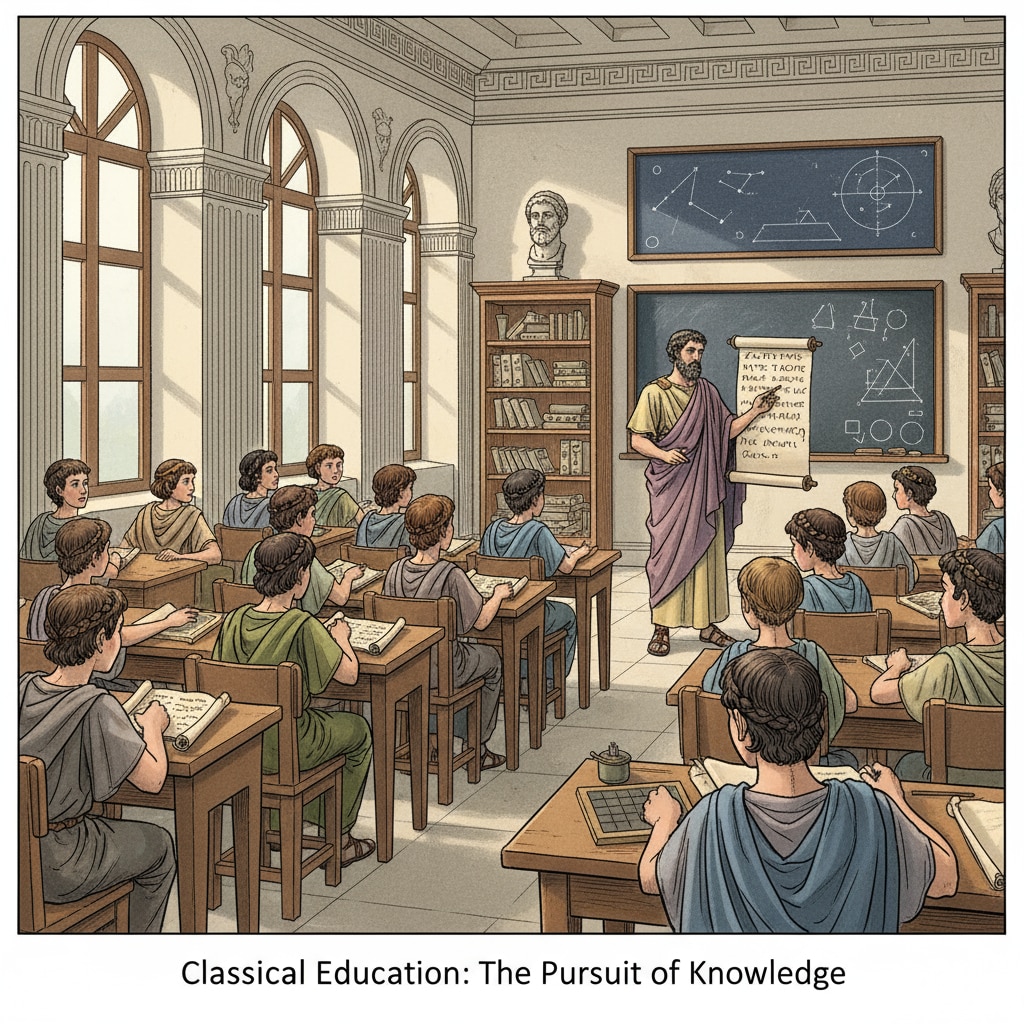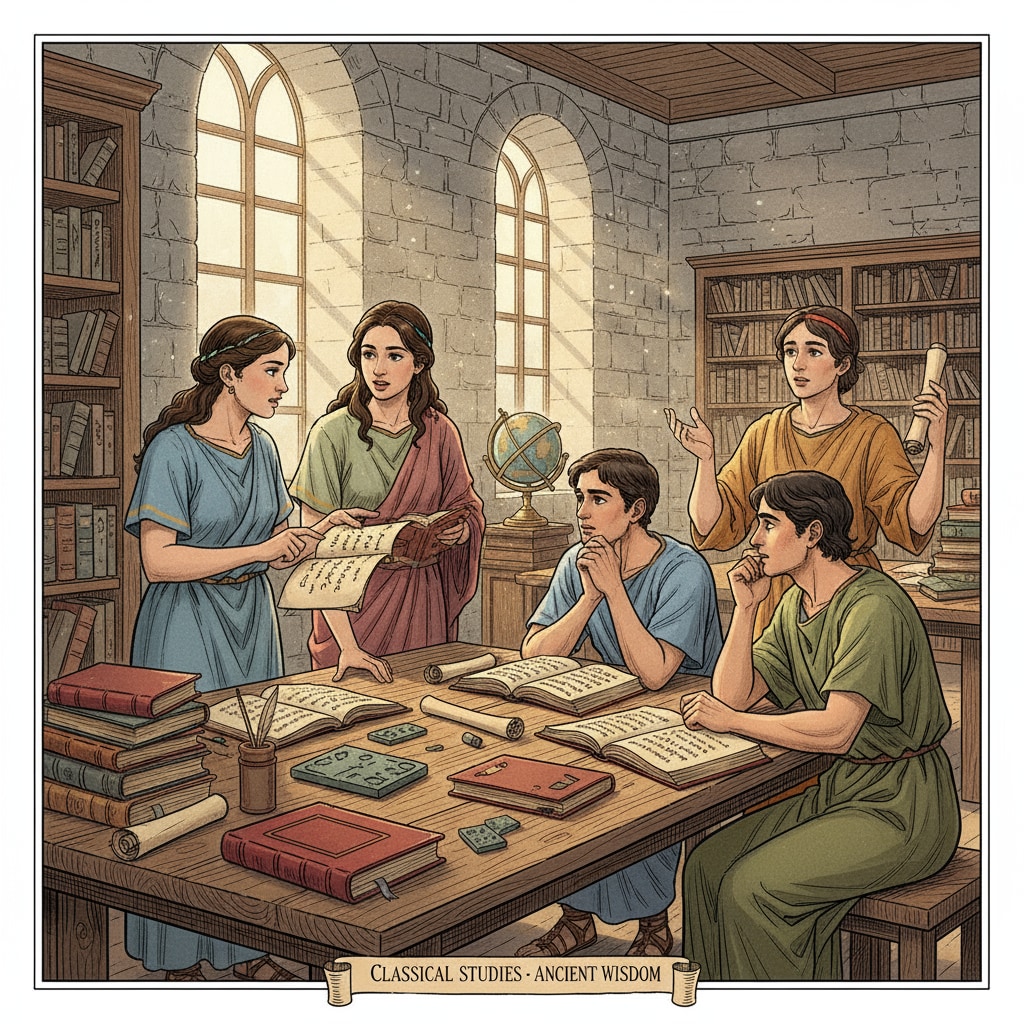Classical education, with its long history and unique educational models, has undergone significant historical changes. Once a dominant force in education, it has gradually faded in the modern educational system. This decline not only reflects the evolution of society but also has far-reaching implications.

The Glory Days of Classical Education
Classical education had a remarkable influence in the past. It was the educational path that produced many outstanding figures, including the Founding Fathers of the United States. This educational model emphasized the study of classical languages, literature, philosophy, and history. It aimed to cultivate well-rounded individuals with a deep understanding of human civilization and values. For example, students would spend years studying Latin and Greek, which were seen as keys to accessing the wisdom of the ancient world. Classical education on Wikipedia

The Onset of Decline: Industrialization’s Impact
With the advent of industrialization, the needs of society changed dramatically. The industrial era required a large number of workers with practical skills. As a result, there was a growing emphasis on vocational and technical education. Schools started to focus more on subjects like science, technology, engineering, and mathematics (STEM) to meet the demands of the industrial workforce. Classical education, with its more theoretical and liberal arts-based curriculum, began to lose its appeal.
The Rise of Pragmatism: A New Educational Philosophy
The rise of pragmatism in the educational field also played a crucial role in the decline of classical education. Pragmatism emphasized practical application and problem-solving. Educators and society began to question the practical value of classical education. Instead, they advocated for an education that could directly contribute to students’ ability to succeed in the real world. This led to a shift in educational priorities, further marginalizing classical education. Pragmatism on Britannica
The decline of classical education is a complex phenomenon influenced by multiple factors. While it has faded from the center stage of modern education, its legacy still lingers. It serves as a reminder of the diverse educational models throughout history and prompts us to reflect on the essence and goals of contemporary K12 education. We should learn from the past to better shape the future of education.
Readability guidance: This article uses short paragraphs and lists to summarize key points. Each H2 section provides a clear idea. The proportion of passive voice and long sentences is controlled, and transition words are used throughout to enhance readability.


